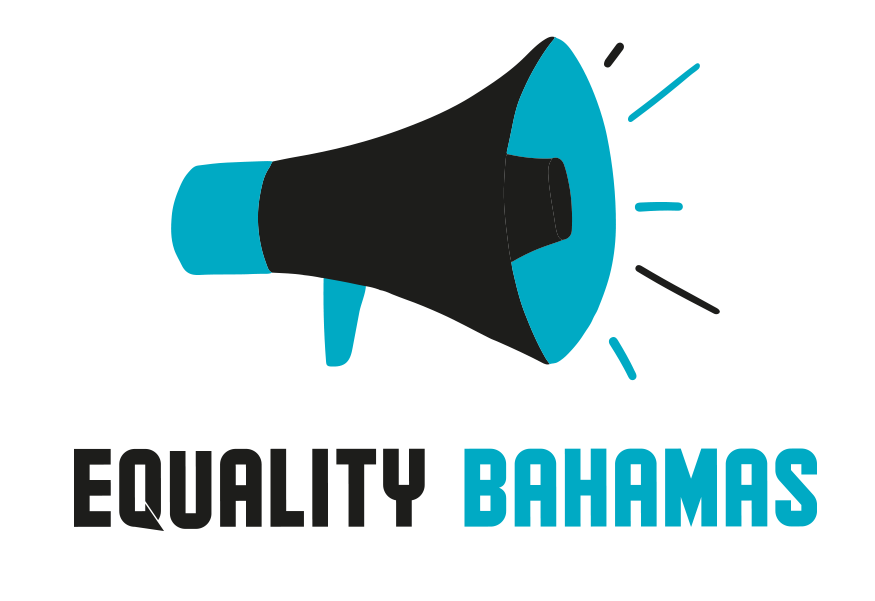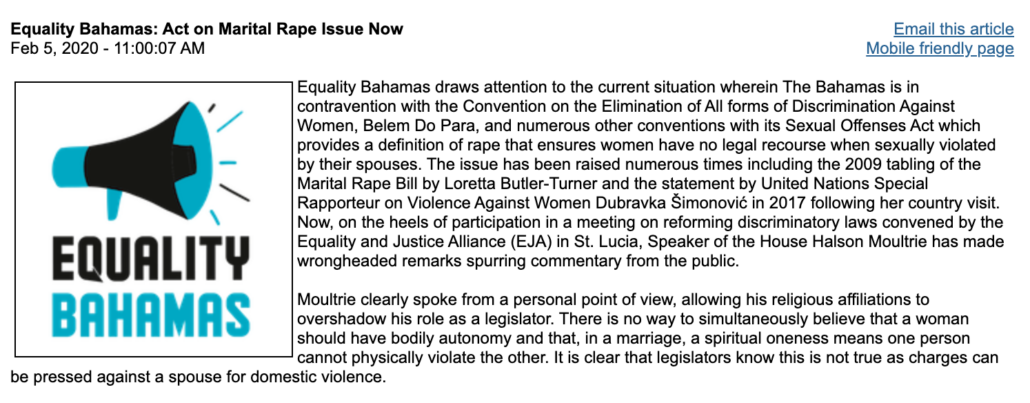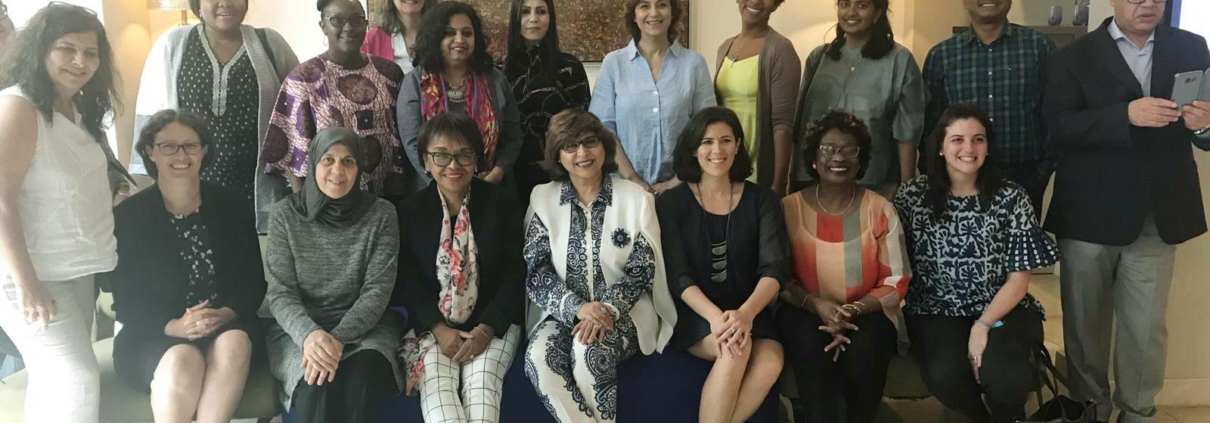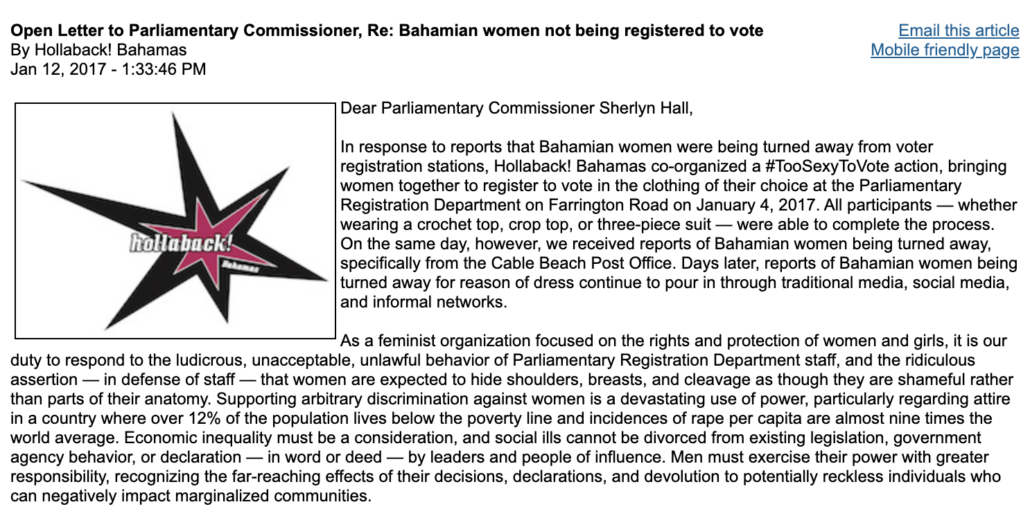We joined civil society leaders from Africa, the Caribbean, the Middle East, South Asia and Southeast Asia, released the following statement calling for urgent action to end gender discrimination in nationality laws, following a convening of the Global Campaign for Equal Nationality Rights last month in Istanbul, Turkey:
From April 24-25, 2019 civil society leaders from Africa, the Caribbean, the Middle East, South Asia and Southeast Asia convened in Istanbul, Turkey for the first global meeting of the Global Campaign for Equal Nationality Rights, a coalition dedicated to achieving a world where every country’s nationality law treats citizens as equals regardless of their gender. In recognition of the inalienable right of every person to equality and equal treatment before the law, and the extent to which nationality rights impact the enjoyment of a wide-range of civil, political, economic and social rights, we strongly call for urgent action to end gender discrimination in nationality laws. CEDAW Committee Member Marion Bethel and Director of Equality Bahamas Alicia Wallace were present at the meeting.
Ms. Wallace said, “As the Bahamian government seeks remedy through legislation and has been called on by the CEDAW Committee in 2018 to set a timeline and plan for a constitutional referendum, we recommend engagement with other governments that have put measures in place that work in practice, as well as consultation with civil society organizations, particularly those working for the advancement of women’s rights.”
Over the past century, as governments across the world took steps to end discrimination against women, most countries enacted reforms to uphold the right of citizens, both women and men, to pass their nationality to their children and spouses on an equal basis. Today, The Bahamas is one of:
-Twenty-five countries that deny women the right to pass their nationality to their own children on an equal basis with men.
-Approximately fifty countries that retain gender-discriminatory provisions in their nationality laws, such as provisions denying women the right to pass nationality to a foreign spouse under the same terms as men, and linking women’s ability to acquire, change, or retain their own citizenship to their marital status.
There is no justification for the maintenance of nationality laws that deny women and men equal rights.
These laws violate the right to equality, equality before the law, and non-discrimination on the basis of sex that are enshrined in international law and most countries’ constitutions. A number of international conventions, ratified by most countries worldwide, include specific provisions which enshrine gender-equal nationality rights, including the Universal Declaration of Human Rights, the Convention on the Elimination of All Forms of Discrimination against Women, the Convention on the Rights of the Child, and the International Covenant on Civil and Political Rights. In addition to these commitments, countries around the world have committed to ending gender discrimination (and therefore gender discrimination in nationality laws) in numerous regional declarations, such as the Protocol to the African Charter on Human and Peoples’ Rights on the Rights of Women in Africa, the Arab Declaration on Belonging and Identity, the ASEAN Human Rights Declaration, the American Declaration on the Rights and Duties of Man, and others.
CEDAW Committee Member Marion Bethel said, “The Committee emphasizes repeatedly that the reservation by States parties such as The Bahamas on Articles 1 and 2 of the Convention greatly undermines the States’ obligations under the Convention. These two Articles fully articulate women’s rights to gender equality and non-discrimination on the basis of sex as the foundation of the Convention.” She added, “Further, The Bahamas’ reservation in regard to Article 9 that addresses equal nationality rights is a further impediment in advancing the rights of women.”
The persistence of gender discrimination in nationality laws results in wide-ranging human rights violations and the unnecessary suffering of affected women, men, and children, including denied access to education, healthcare, employment, freedom of movement, permanent residence in the state territory, and family unity, and are a root cause of statelessness. At their core, these laws undermine women’s equality in society and the family.
The Sustainable Development Goals – developed and universally endorsed by all nations in 2015 – cannot be realized in the absence of gender-equal nationality laws.
As stated in the 1995 Beijing Platform for Action (BPfA), “equality between women and men are prerequisites for achieving political, social, economic, cultural and environmental security among all peoples.” As we approach the 25-year anniversary of the BPfA, we emphasize that gender-equal nationality laws are indispensable to achieving the long-overdue BPfA government commitments.
While virtually all governments have stated their commitment to gender equality and women’s empowerment, such statements are grossly contradicted by a lack of action to reform discriminatory nationality laws to uphold gender equality. Temporary and partial measures are not enough, and pending reforms, governments must ensure that the children and spouses of women citizens have access to the same social services and residency rights as the families of male citizens.
We call on all governments in countries with gender-discriminatory nationality laws to enact reforms without delay to uphold equal nationality rights for equal citizens, women and men. We further encourage governments to work with civil society experts to achieve and successfully implement reforms to end gender discrimination in nationality laws. Now is the time for action.
Approximately 75% of countries worldwide uphold gender equality in their nationality laws. It is time for 100%.





